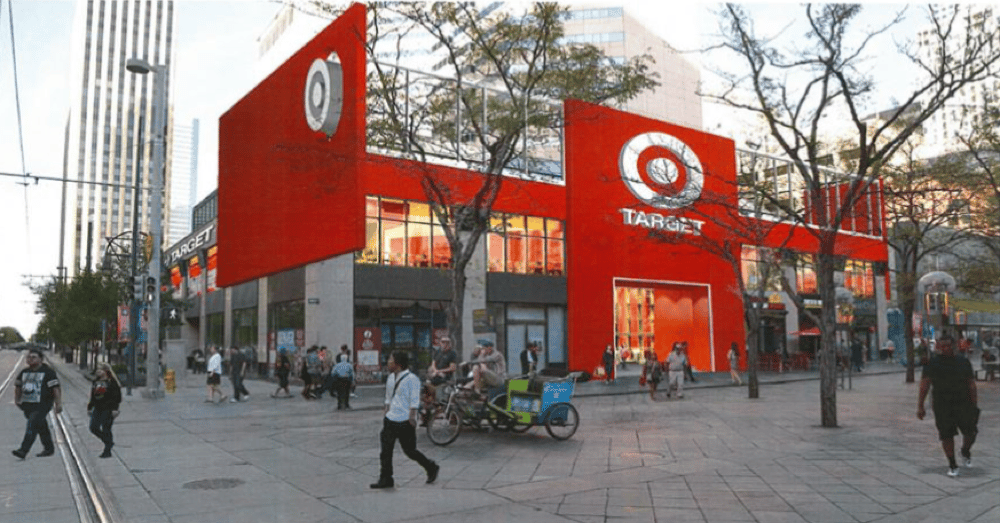
Denver City Council voted Monday to do something the city doesn't usually do: use its business incentive fund for a major retailer, in this case a Target on the 16th Street Mall.
Councilwoman At-large Robin Kniech just couldn't bring herself to vote for subsidizing a retailer offering mostly part-time, relatively low-paid jobs. In contrast, Councilman Paul Lopez was excited to subsidize a retail operation in the hopes that it creates a precedent for using incentives to lure grocery stores to food deserts like Montbello and Globeville-Elyria-Swansea.
Kniech was apologetic as she cast the lone no vote on the $4 million incentive package, which technically is going to the building owner, 16 CAL LLC, an entity registered to the Gart Family, and not directly to Target.
"I’ve been very aware of how hard the downtown community has worked to attract retail to downtown," she said. "... I have grave concerns that we are using city dollars to subsidize retail. It is not an economically sustainable job in our city."
Lopez looked at the same departure from past practice and saw opportunity.
"I'm supporting this because it sets a precedent," he said.
There are parts of town where residents have to drive miles to get to a full-service grocery store, and if the city is now willing to use business incentive funds to attract retailers, that's one less barrier to getting a grocery store in these neighborhoods, he said.
The incentive proposal calls for $2 million to go toward extensive tenant improvements, and another $2 million to go back to Target over a multi-year period by letting the retailer keep half the sales and use tax generated on site. After that $2 million was paid out, a portion of the sales and use tax would go toward paying off the first $2 million.
The City Council voted in favor of a resolution approving the incentive and gave initial approval to a supplemental appropriation that moves $4 million from the general fund to the Office of Economic Development to essentially front the money for the incentive package.
This deal is a major get for the Downtown Business Partnership and the Office of Economic Development. The upper stories of the building at 16th and California have been vacant since 2006 when the Eat Up food court closed.
In the eyes of the Office of Economic Development, the benefits extend far beyond the jobs that would be created. It would stem some of the "retail leakage" that occurs when shoppers go outside city limits to shop in big-box stores, and it would serve the daily-living needs of the tens of thousands of people who live, work and go to school downtown. It's also the kind of anchor tenant that could attract other big retailers.
This Target would not be a SuperTarget with a grocery store, but a smaller, more focused store model that the retailer has rolled out in the downtown core of other large cities.
Council President Albus Brooks, whose district includes downtown, noted that most Targets end up in suburban locations because of their space needs, and he hinted that he too might support using incentives for grocery stores.
"What are business incentive funds for if not for bringing in businesses that would not otherwise locate there?" he asked.













